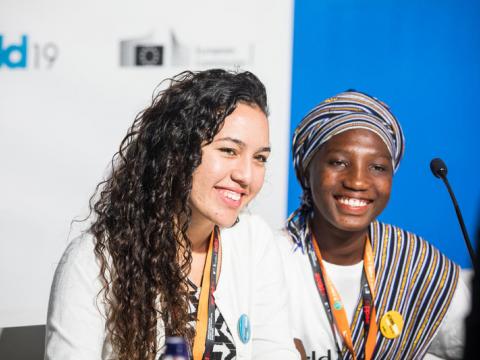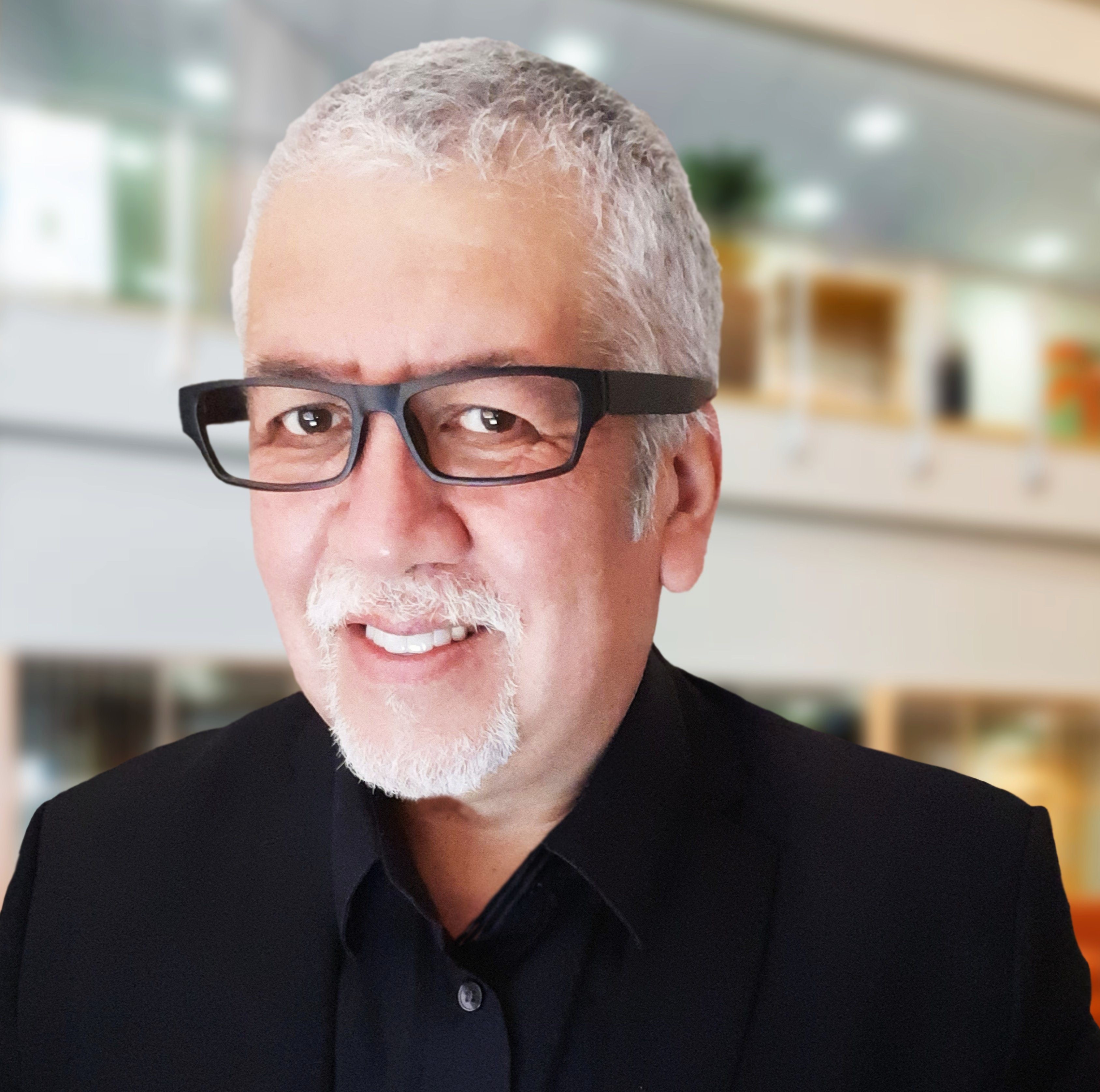
Expertise has no age limit: child researchers in action
By Patricio Cuevas-Parra, Senior Advisor – Child Participation and Rights
Fascinating, encouraging and inspirational. Both the young people we’re seeing not only taking part in action against climate change, but leading it, and the children and young people I met recently in Brazil and Ghana. They are fired up, they are passionate, and they want change. They want – and deserve – to be taken seriously. They have louder voices in public life than even just a few years ago, however, as has been widely documented[1], they still come up against systems designed to exclude them.
I still find myself shaking my head when I see the tokenism and patronising attitudes young people have to encounter. In too many places, children as still seen as different from or less than adults, thus denying them equal rights and opportunities to thrive and contribute to society.
The Brazilian and Ghanaian children I met recently are determined to challenge these confining views. They want to prove that they are able to address these disparities and be involved in the construction of their own accounts of their lives. This expectation reflects something we often see in studies; that children and young people are still in need of recognition as fully entitled beings to the same rights and privileges as others.
At the same time, there is a real and valid tension between ‘children’s autonomy’ and ‘adults’ authority’. One of the ways we are trying to find a path through this tension is child-led research; involving children and young people in all stages of research – from planning and conducting fieldwork to analysing data and disseminating findings.
It is not as complicated or difficult as it sounds – and it makes a real difference. In Brazil, children and young people researched how children’s identities are interlinked with violence, and in Ghana, they explored teen pregnancy and violence. They are using their own findings to put pressure on stakeholders and decision-makers to address the issues they explored.
Part of our learnings included a study of children’s experiences. We found that they considered their own experiences to be a crucial resource towards the generation of knowledge. The child researchers told us that they investigated the issues from their personal perspectives and used their individual experiences and expertise to analyse the data and present new insights. They are not only capable of participating in research, they are the most qualified to interpret their lives.
They, however, recounted instances when many adults still disbelieve in their cause as young researchers attempting to drive society-wide change in longstanding practices. The resistance illustrates that a change in mindset towards how children are seen is always difficult.
There is real cause for hope, and our research proves that. While more needs to be done, including increasingly recognising children as active social actors whose knowledge, expertise and experiences must be valued, we are closer as a global community to recognising children as our equitable partners.
[1] For instance, a study conducted by Lundy and McEvoy (2011) found that the implementation of Article 12 of the CRC has been problematic because it requires adults’ cooperation, who often have a dissenting view of this right and limit children’s use and understanding of their participatory rights. Similarly, Tisdall (2014) argues that one of the major concerns about child participation initiatives is the lack of feedback mechanisms and accountability to children.


